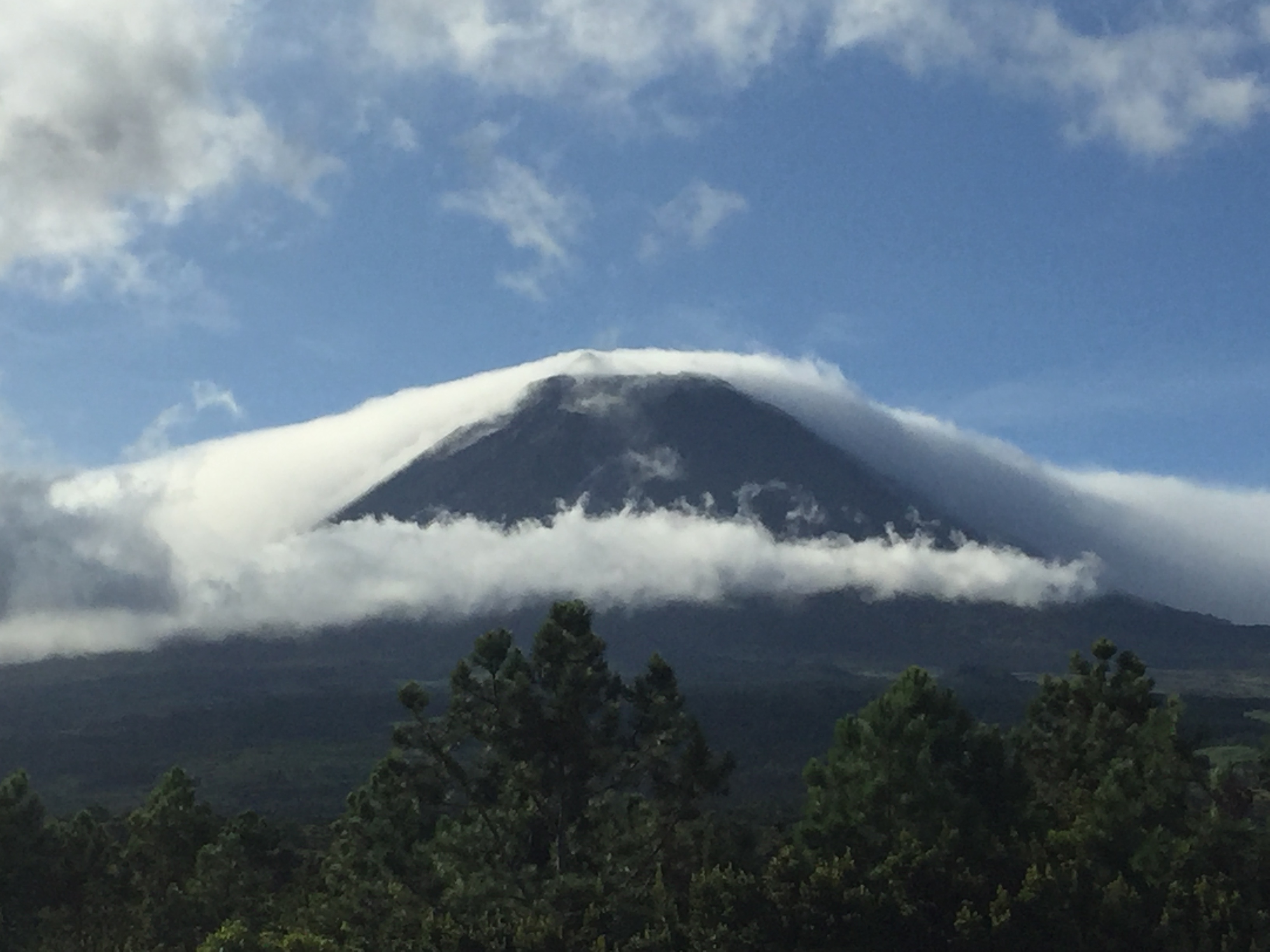

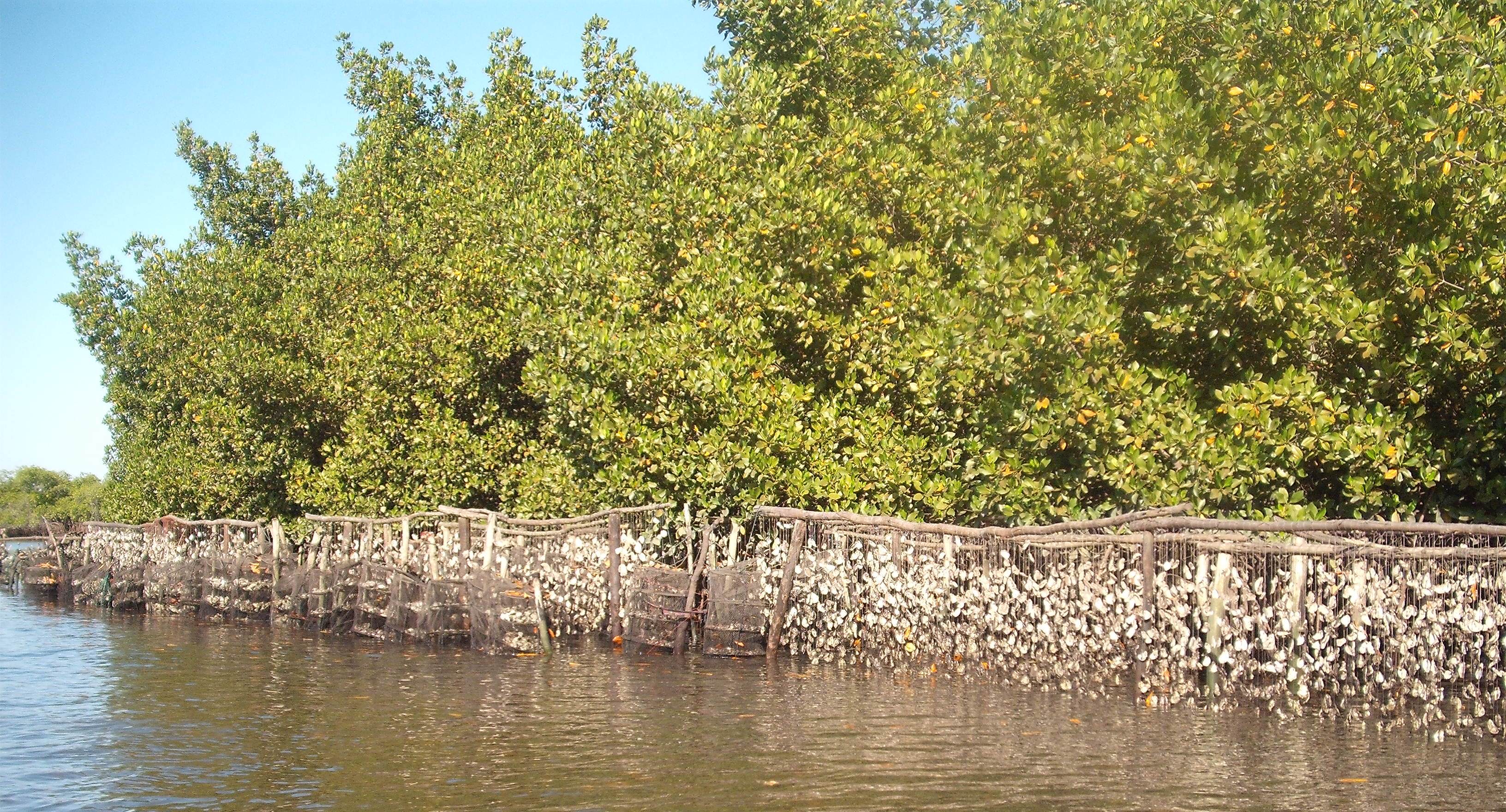
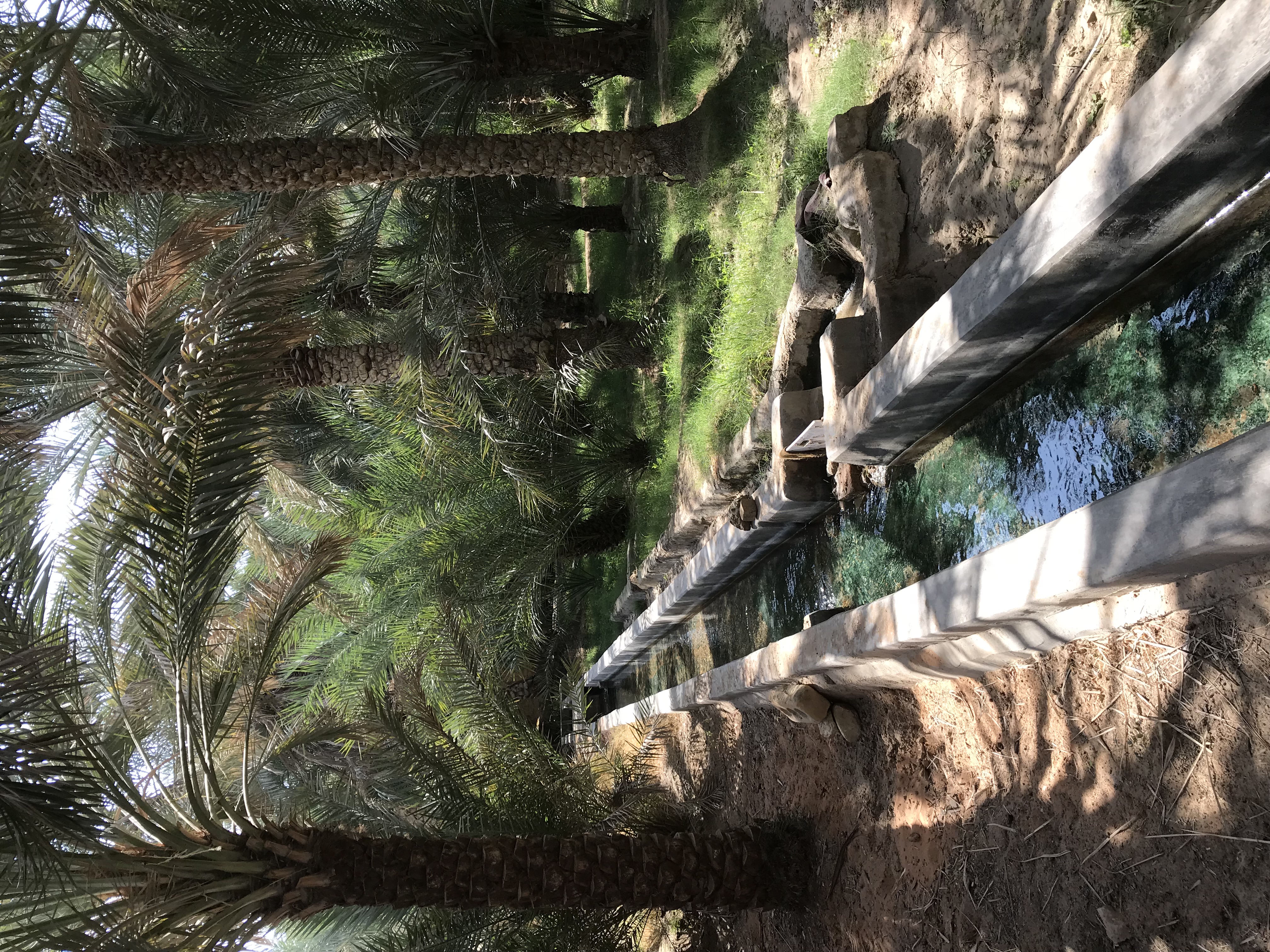
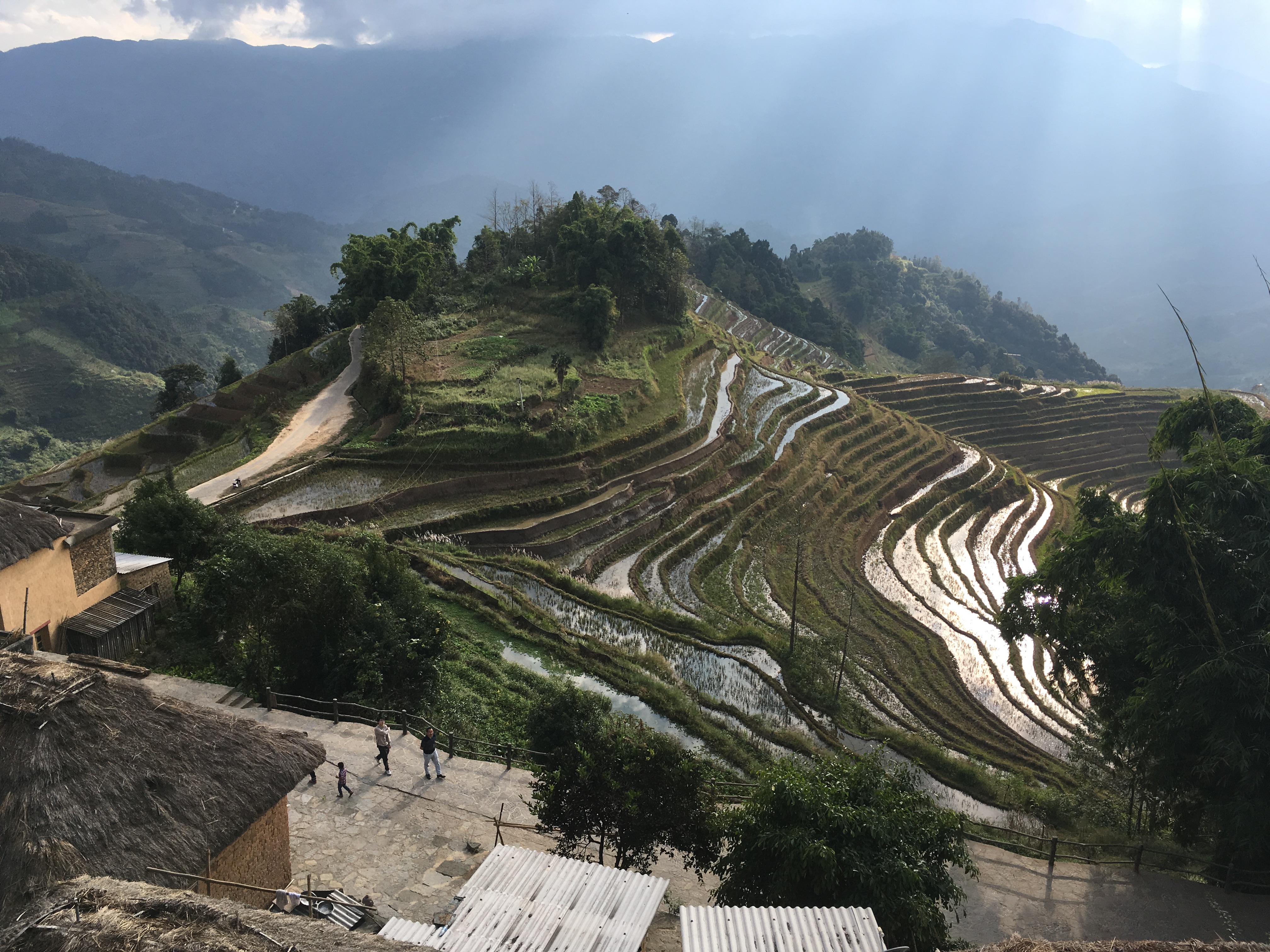
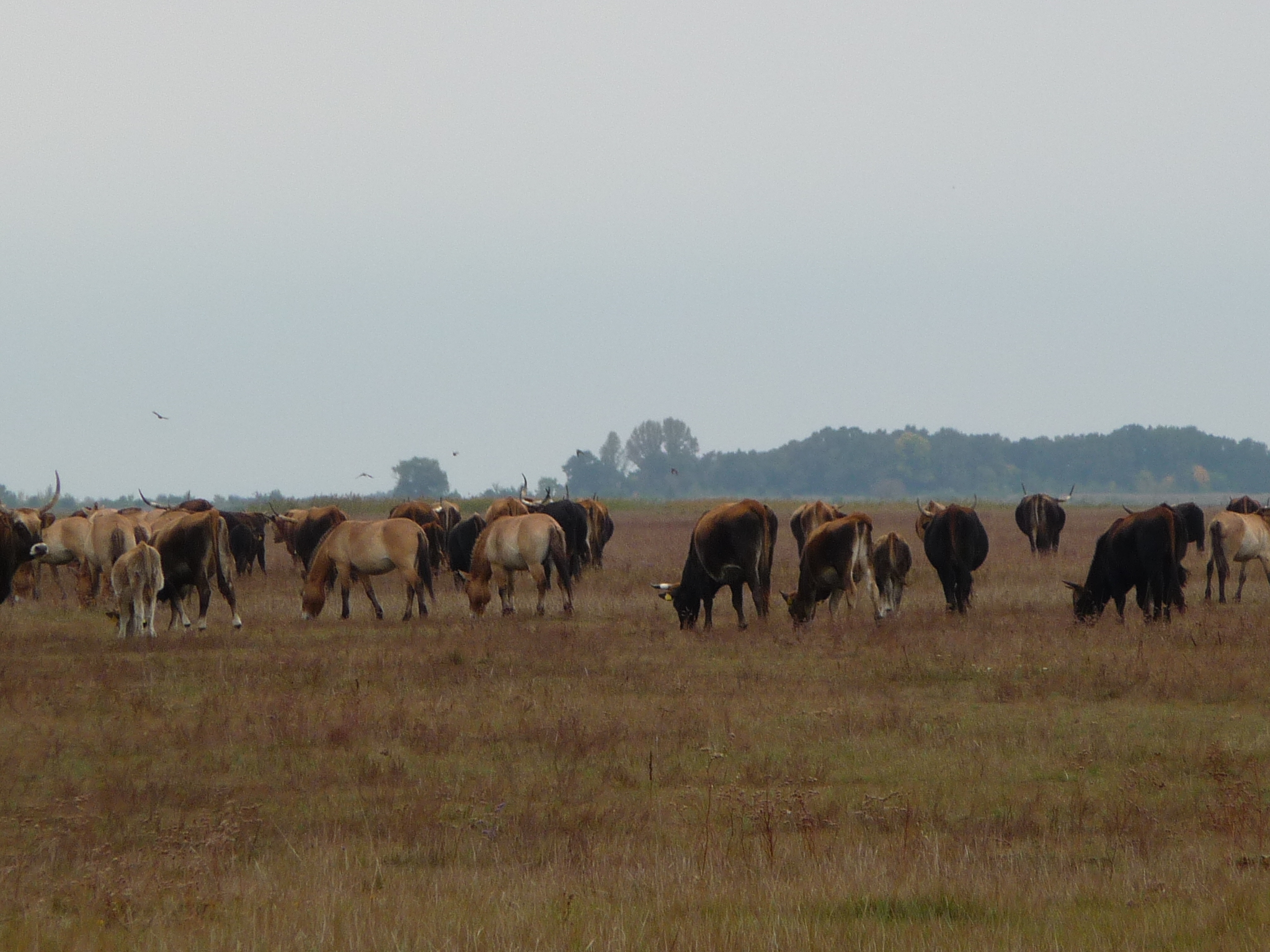
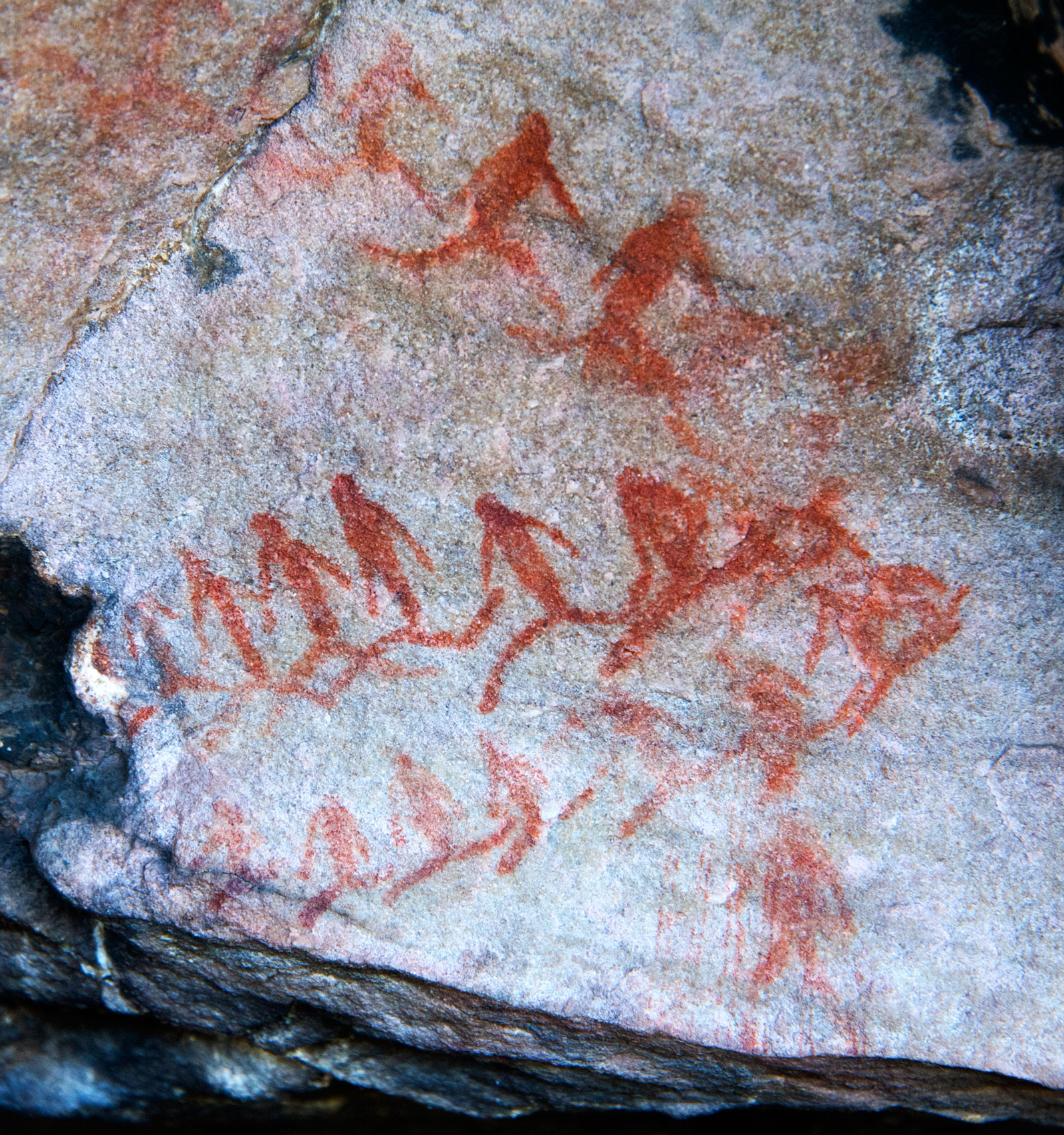

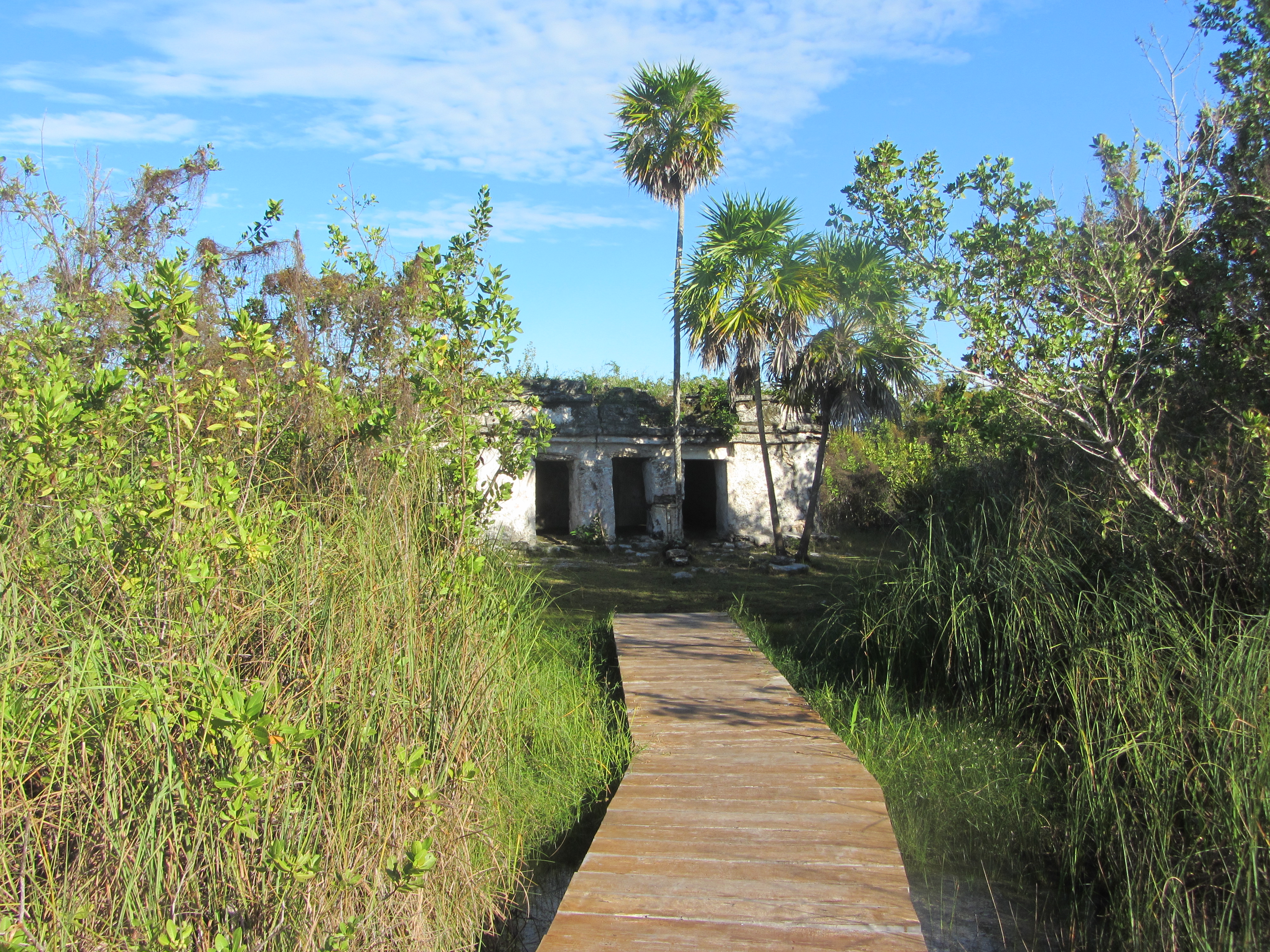
Fieldwork has been the pivotal activity in all Connecting Practice phases, pursuing the aim of recognising commonalities, establishing linkages, and bridging the nature/culture divide. Fieldwork in all three phases centred on engaging at site level with communities, site managers, heritage practitioners and policy makers.
The project has tested various methods of carrying out field visits. Phase I visits were explorative in nature and used a variety of approaches and working methods at the sites. Phase II focused on creating a consistent, common structure to the fieldwork to identify strategies of generating immediate benefits to the sites. Phase III focuses included: the promotion of biocultural approaches for management and conservation of continually evolving cultural landscapes; the translatability of ‘resilience’ in management responses; and the use of broader partnerships to increase the multi-disciplinary character of the project.
Field visits are critical for understanding sites, generating connections and modifying practices, with each phase providing lessons and themes for subsequent phases. Outcomes from fieldwork create lessons for the development of improved frameworks and strategies applicable to a wider range of World Heritage properties and organisations.
Joint missions with ICOMOS and IUCN participation, local site management, national/local representatives, and colleagues with diverse educational and work backgrounds, ensures a broad examination of natural, cultural and social interconnections at site-level. Shared planning and preparation, interactive discussions and workshops in the field, and the writing of a collaborative, joint final report supports integration and participation from all team members.
Identifying and selecting the appropriate sites for investigation and testing are key. The site must have strong natural and cultural values and have the resources and willingness to support a team for a site visit. It requires careful, detailed technical and logistical preparation before, during and after the visit. In addition, such preparation must be tailored and appropriate for each individual site.
Successful fieldwork requires a dedicated team focused on learning about and understanding the values and interconnections at site level. The selection of multi- and inter-disciplinary teammates with diverse professional and education backgrounds, as well as a basic understanding of the World Heritage system, is required.
The clarification of expectations regarding what the fieldwork can and cannot achieve is an important lesson learned. Connecting Practice fieldwork is experimental in that it tests ideas, methods, and approaches through exercises, but is not designed to conduct extensive field research or technical assistance. This is important to clarify to all participants.